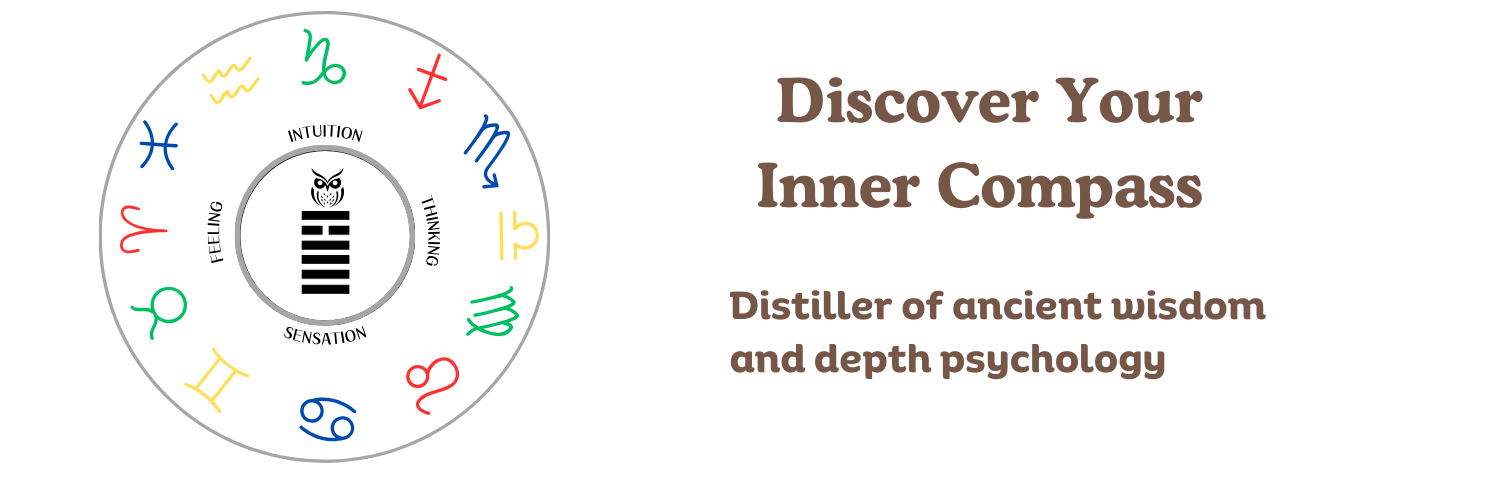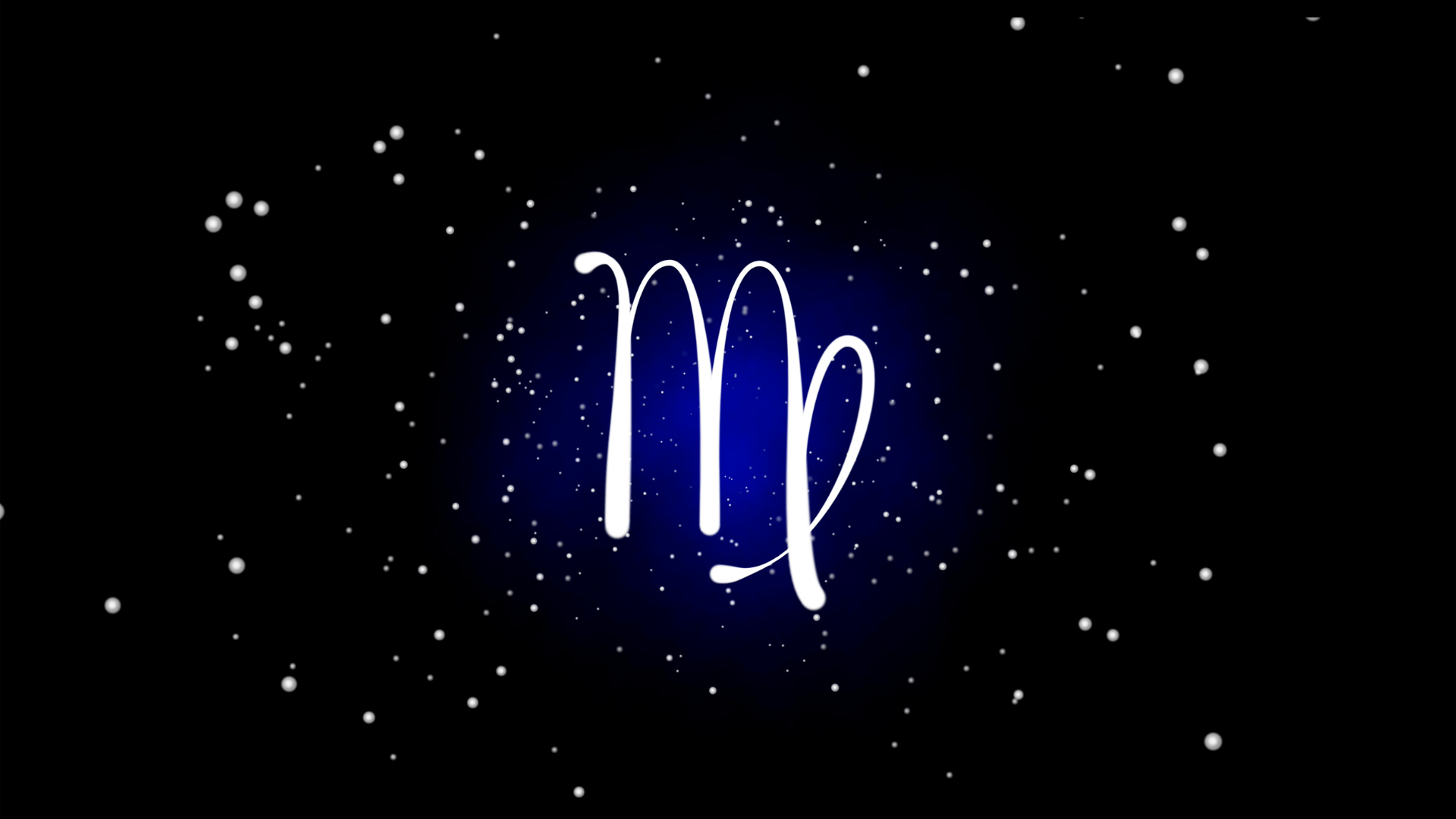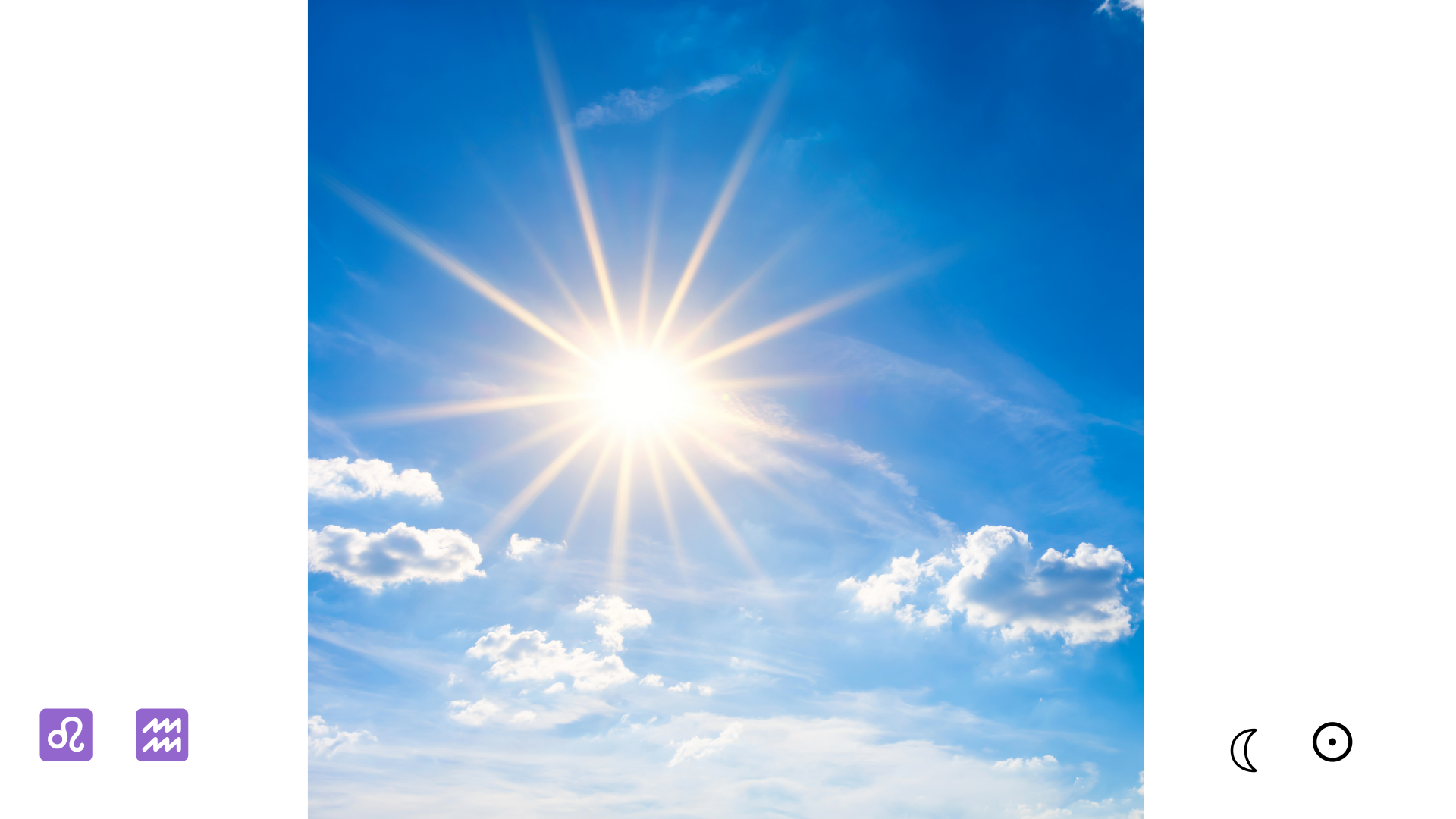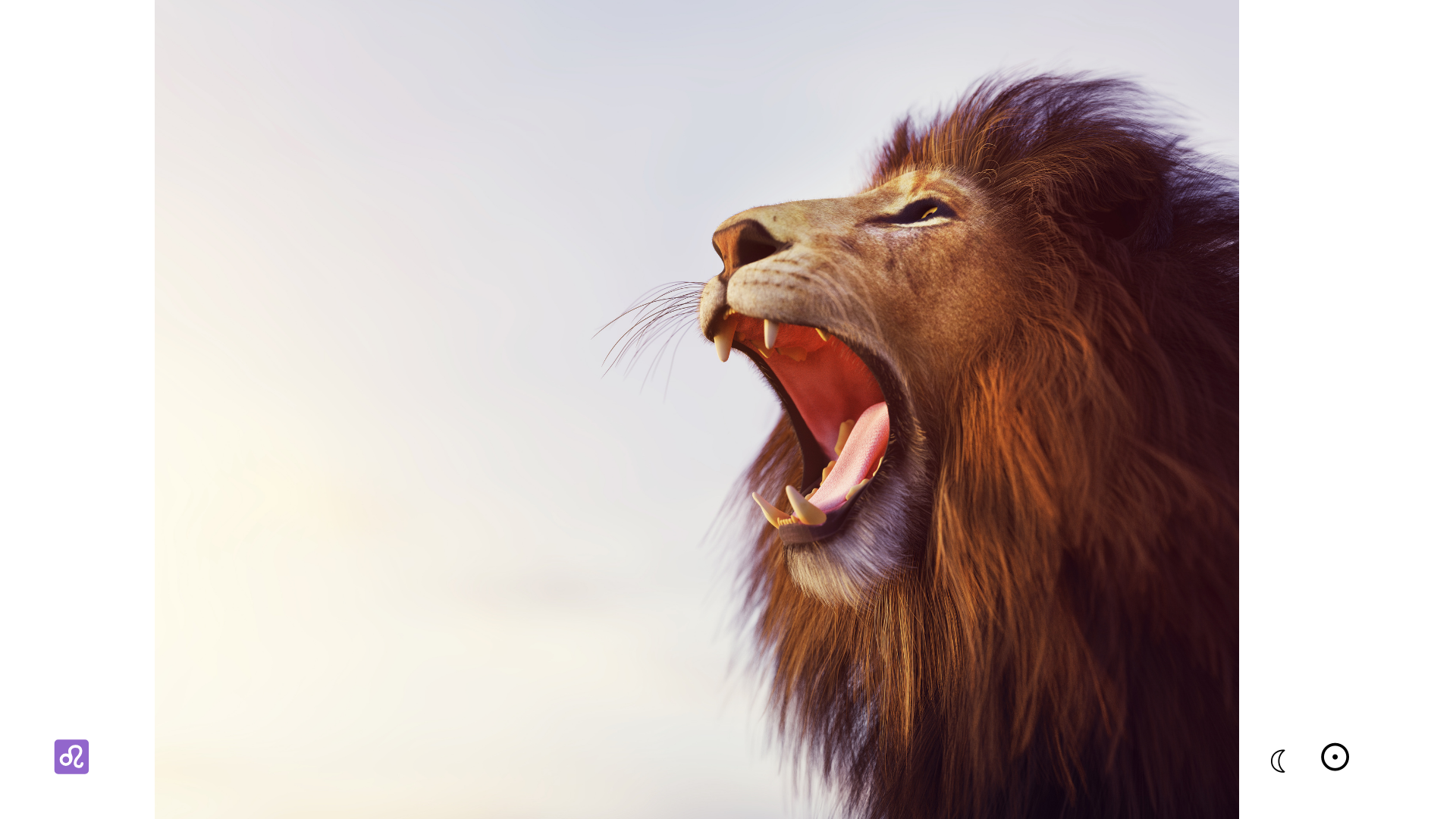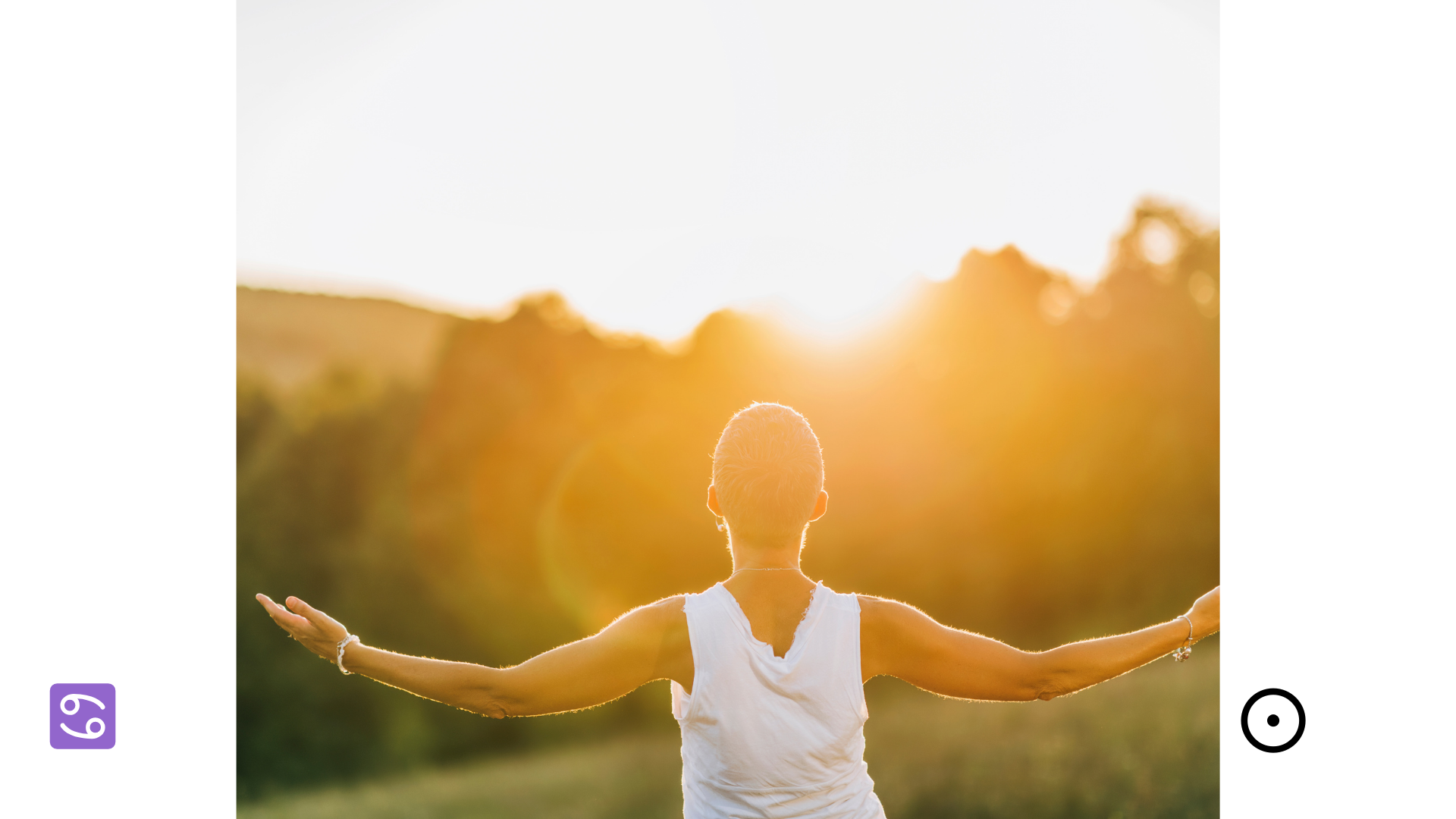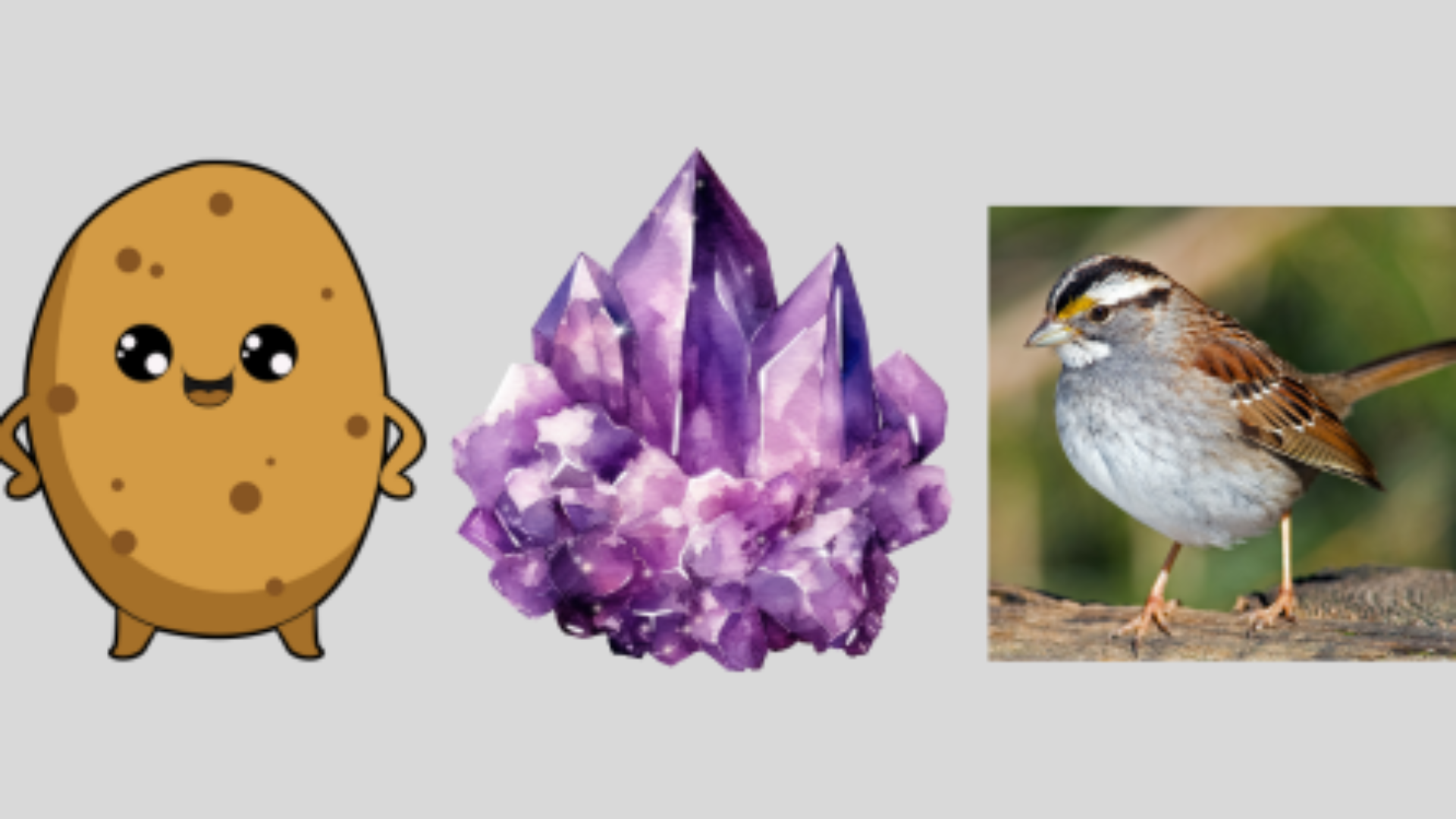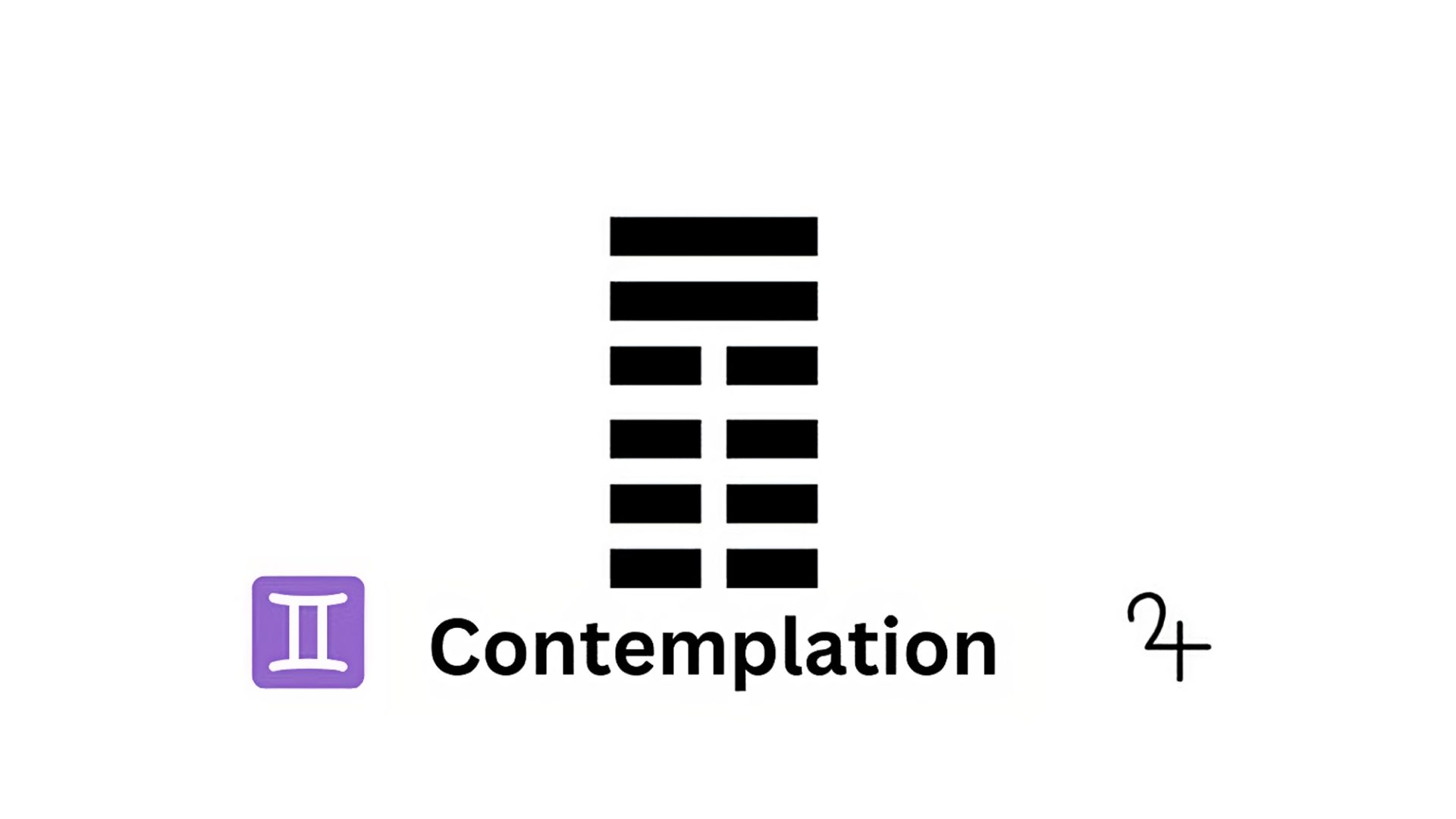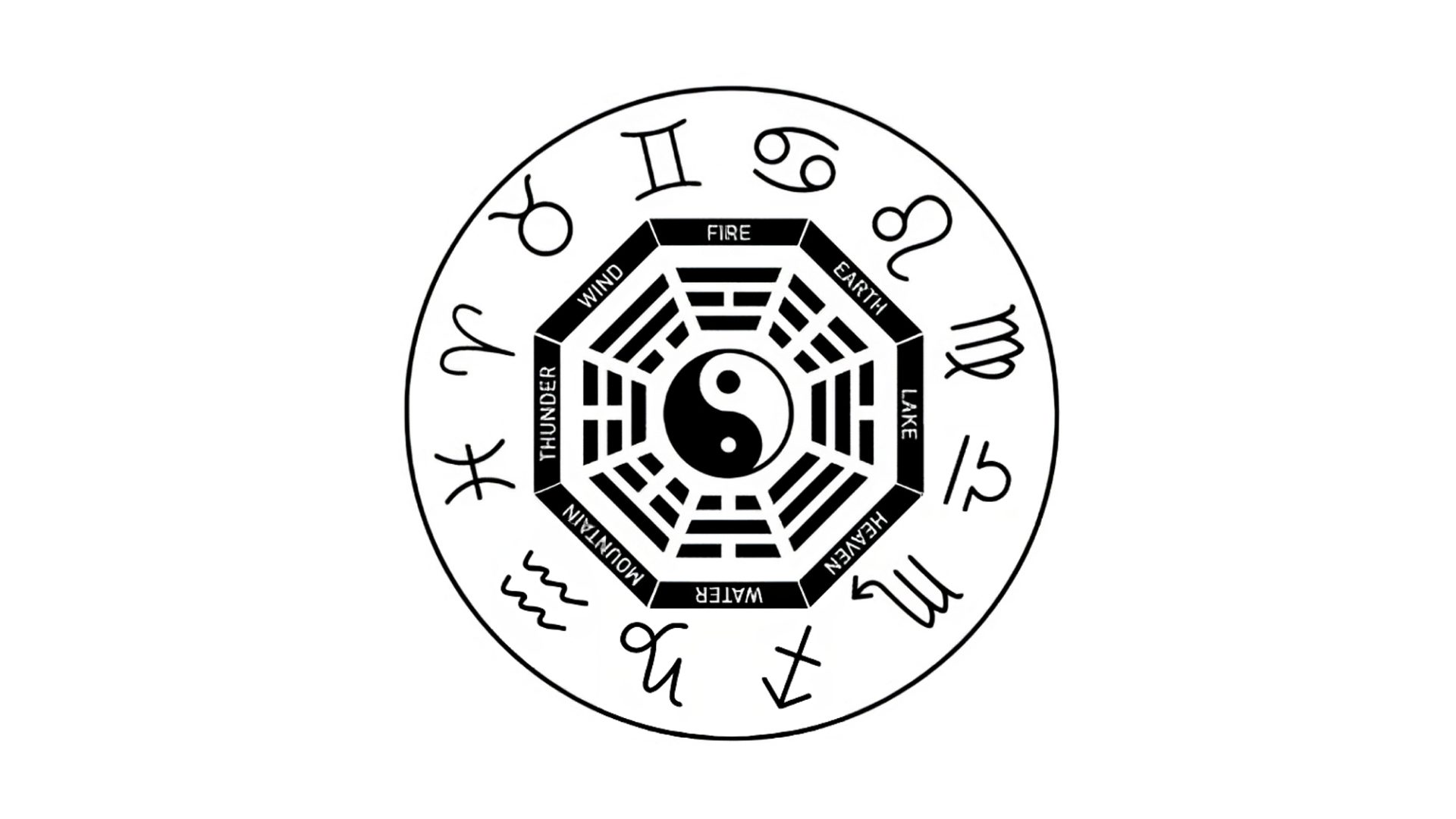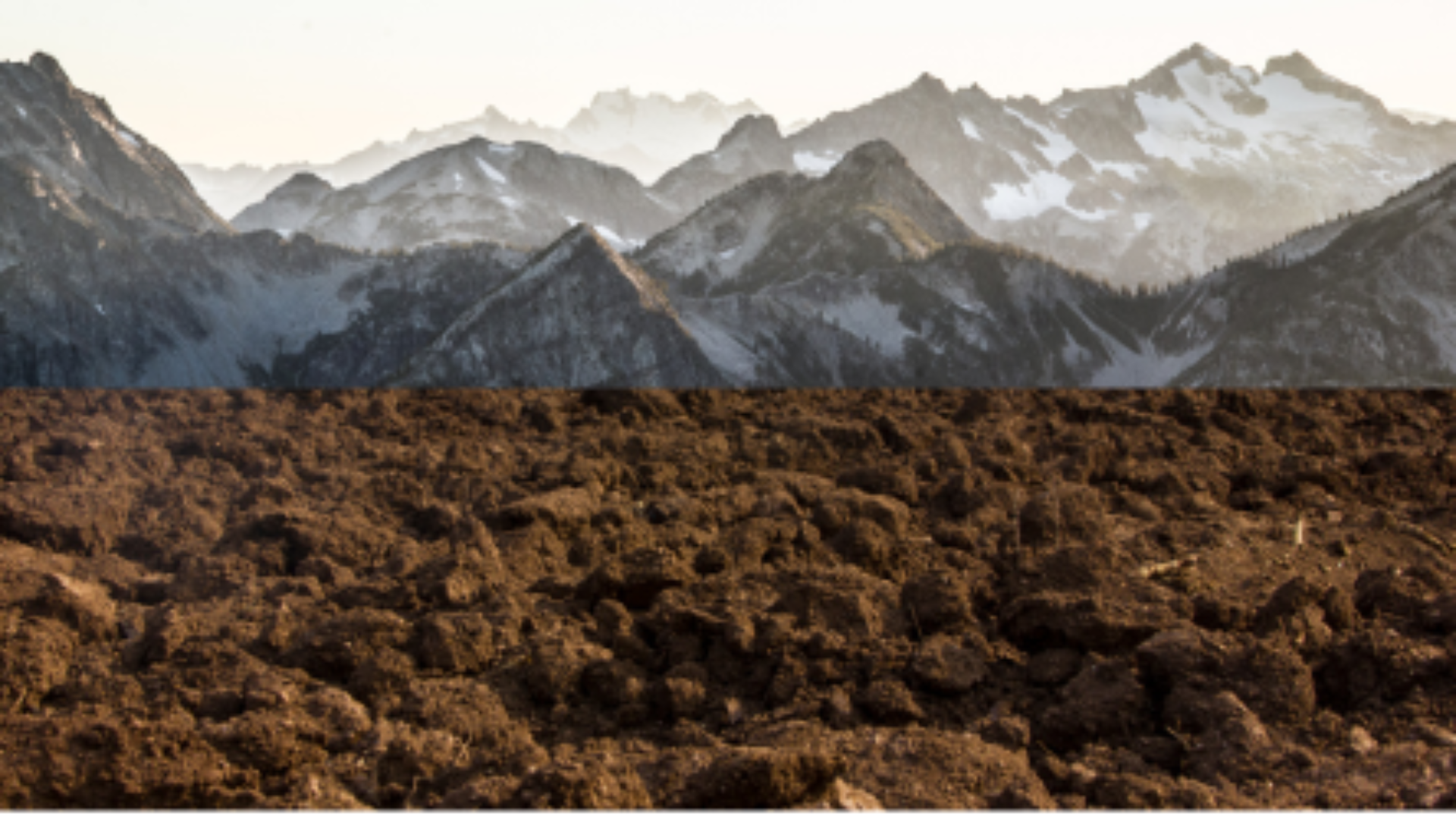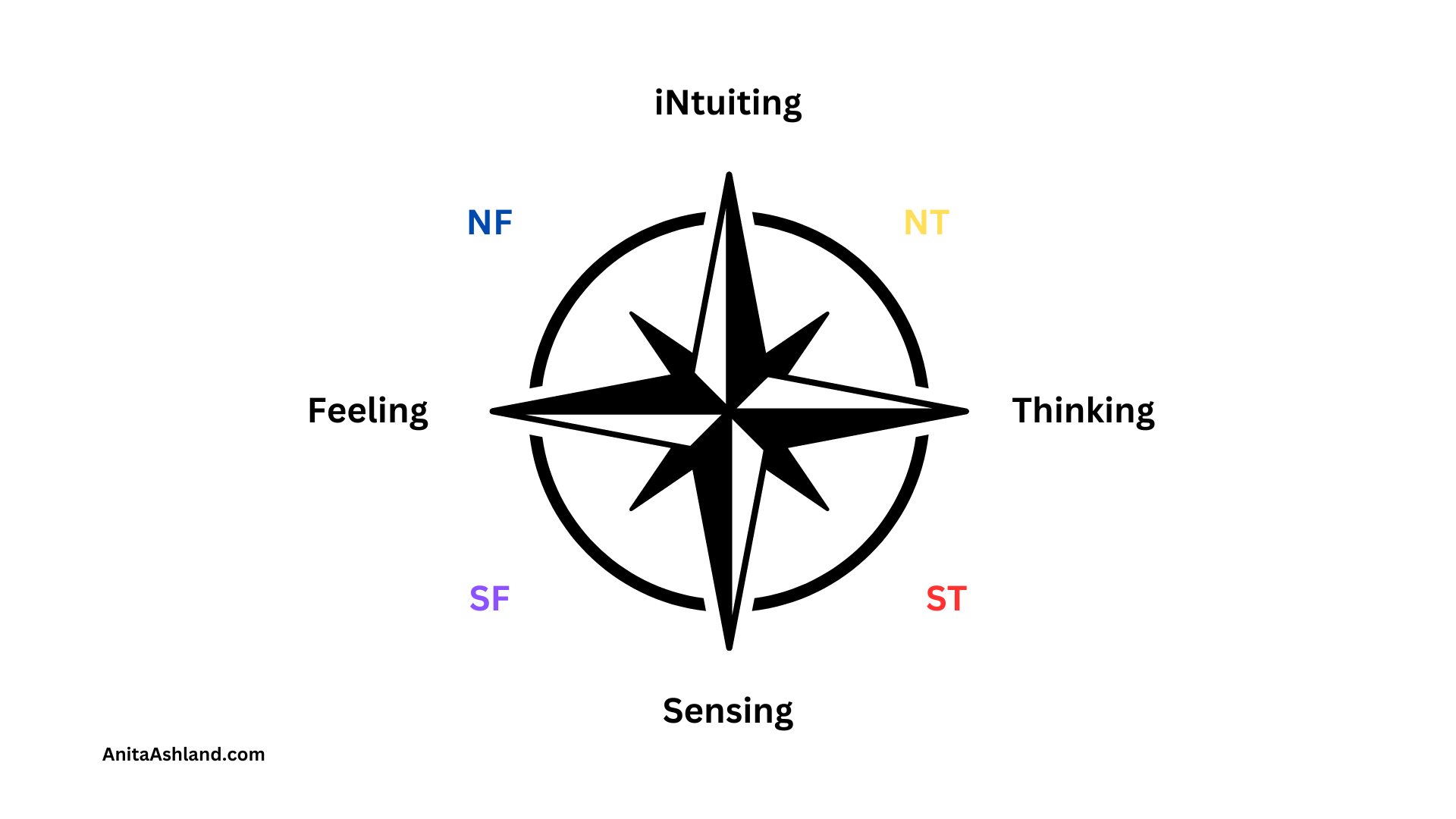Like a Virgin?
Is there any archetype more misunderstood than the Virgin?
We are now at the beginning of Virgo season, which is associated with the Virgin, so it’s as good a time as any to ponder this question.
For starters, the word virgin in Greek (parthenos) and in Hebrew (almah) simply meant “unmarried” and was also used in reference to unmarried mothers. Virgin wasn’t associated with being chaste and innocent.
Now let’s consider the deeper meaning of Virgin in this quote from the late Jungian analyst Marion Woodman:
The virgin is the being-ness in us, the I-am…One-in-herself. That is what the word really means. I’m talking about the initiated virgin, not the 14 year-old-maiden who is not initiated yet, but the virgin who has worked on her feeling, knows what her values are, has the courage to live those values. Use the word as you would the word “virgin forest” where the forest is untrammeled, there’s nothing foreign in it, it is clear to be itself, but it is full of all kinds of seeds so that there is immense potential.
The Crown of Age by Marion Woodman
Here is Esther Harding’s description of the virgin goddess:
She is essentially one-in-herself…Her divine power does not depend on relation to a husband-god, and thus her actions are not dependent on the need to conciliate such a one or to accord with his qualities and attitudes. For she bears her divinity in her own right.
Woman’s Mysteries by Esther Harding
For a visceral sense of what this is like, even a very brief encounter with a young child will present you with “One-in-herself” in action.
My mother has often told me that when I was around age four I would go around saying, “I’m the boss!” She always found that amusing and her coworkers would often ask her “how’s the boss today?”
There certainly wasn’t much I could be boss of at that age, other than my stuffed animals, but that child was in touch with her inner authority in a way that my adult self marvels at and has often struggled to replicate.
One can also sometimes see “One-in-herself” in the elderly. There are many Jungian analysts, for example, who are in their 80s who are “full of all kinds of seeds” and continue to write, see clients, and travel. James Hollis is just one of many that come to mind. He maintains a full client load and writes books in the evenings, even though he has had significant health challenges in recent years.
For the rest of us in between childhood and old age it can be hard to bear our divinity in our own right. But perhaps in those fleeting moments when we truly know ourselves, we can reconnect with that inner authority and, like the Virgin, stand fully in our own power, untrammeled and whole.
_______________________
WHAT I OFFER:
Consultations:
Astrology Consultations and Tutoring
Writing:
Subscribe to the Reading in Depth monthly newsletter
Get blog posts for free by email or on Substack (also free)
Index to my popular blog posts about personality typology
